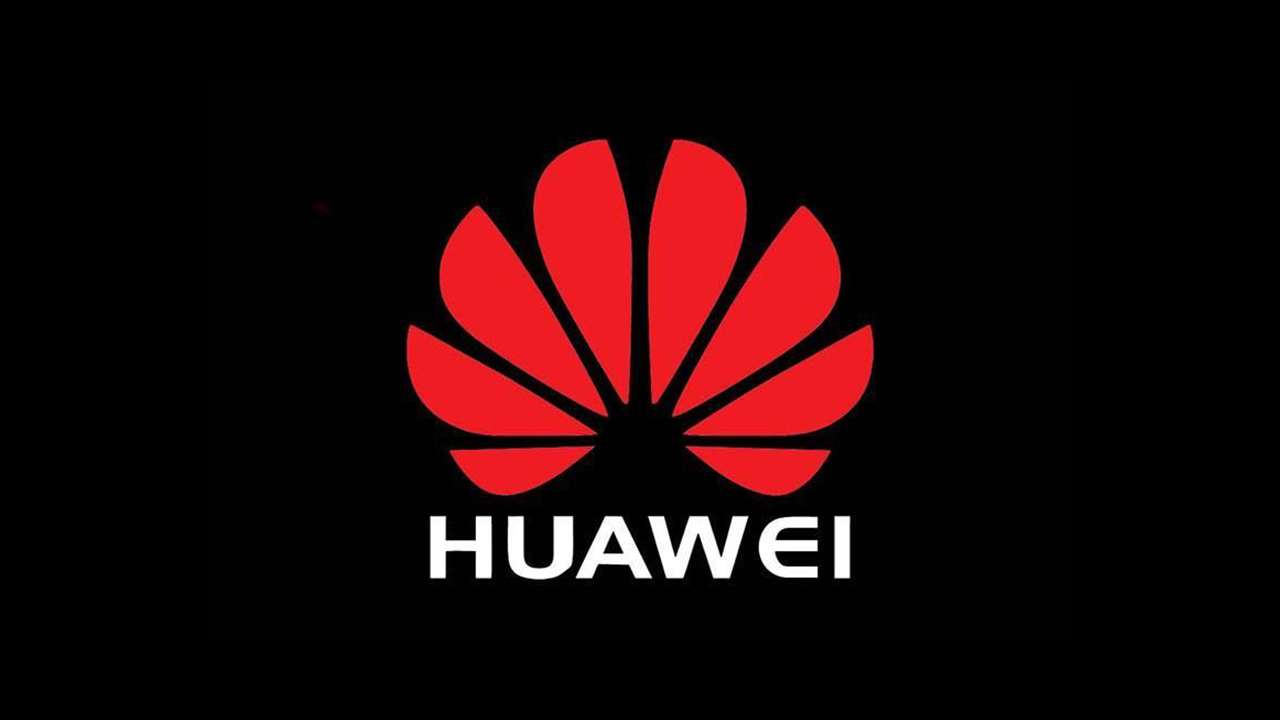News
Huawei says it has two suppliers for each component used in its products

Just like any other smartphone manufacturer, Huawei also does business with other tech firms to purchase technologies required to produce its products and recently, the company has revealed that it has a ‘two supplier’ program which decreases any type of disruption in supplies.
Huawei will regain Android support and ship 260 million smartphone units in 2019: Analyst
“In the context of globalization, I don’t think that the components used in the products of any company are 100% self-produced, so we started a business called “Business Sustainable Management” 10 years ago. Strategy, which means that we have two sources of supply for each component.” told Victor Zhang Huawei Senior Vice President in an interview with Xinhua News Agency.
For example, after the release of Honor 20 Pro flagship, a component supplier from the US suddenly stopped shipping component for this phone and in this condition Honor immediately activated its backup supplier.
Even though the company got component its backup supplier, the immediate drop in smartphone supplier was affected a bit but not significantly.
On November 7, 2018, at 12th Huawei Core Supplier Convention in Shenzhen, China, included 700 attendees from 150 global suppliers and Huawei relevant top management executives attending the convention.
A total of 92 suppliers were awarded at the convention, including 33 US companies, 22 Chinese companies, 11 Japanese companies, 10 Taiwanese companies, and 16 companies from countries and regions including Germany, South Korea, and Hong Kong.
American suppliers to Huawei include Qualcomm, Intel, and Microsoft, among others, while Sony and Fujitsu are among Japanese companies and TSMC, Hon Hai and MediaTek among Taiwanese manufacturers on the list. Meanwhile, suppliers based in the Chinese mainland include BOE, Shenzhen Tianma, and Lixun Precision, and others.
According to a previous report, In 2018, Huawei spent around $70 billion on buying components from that $11 billion accounted to U.S. firms including Qualcomm, Intel, and Micron Technology Inc.
As after the US added Huawei in the trade blacklisting, the company is stopped from doing business with the US firms, as a result, Huawei’s supply yield to those companies has reduced as well as the purchase.







